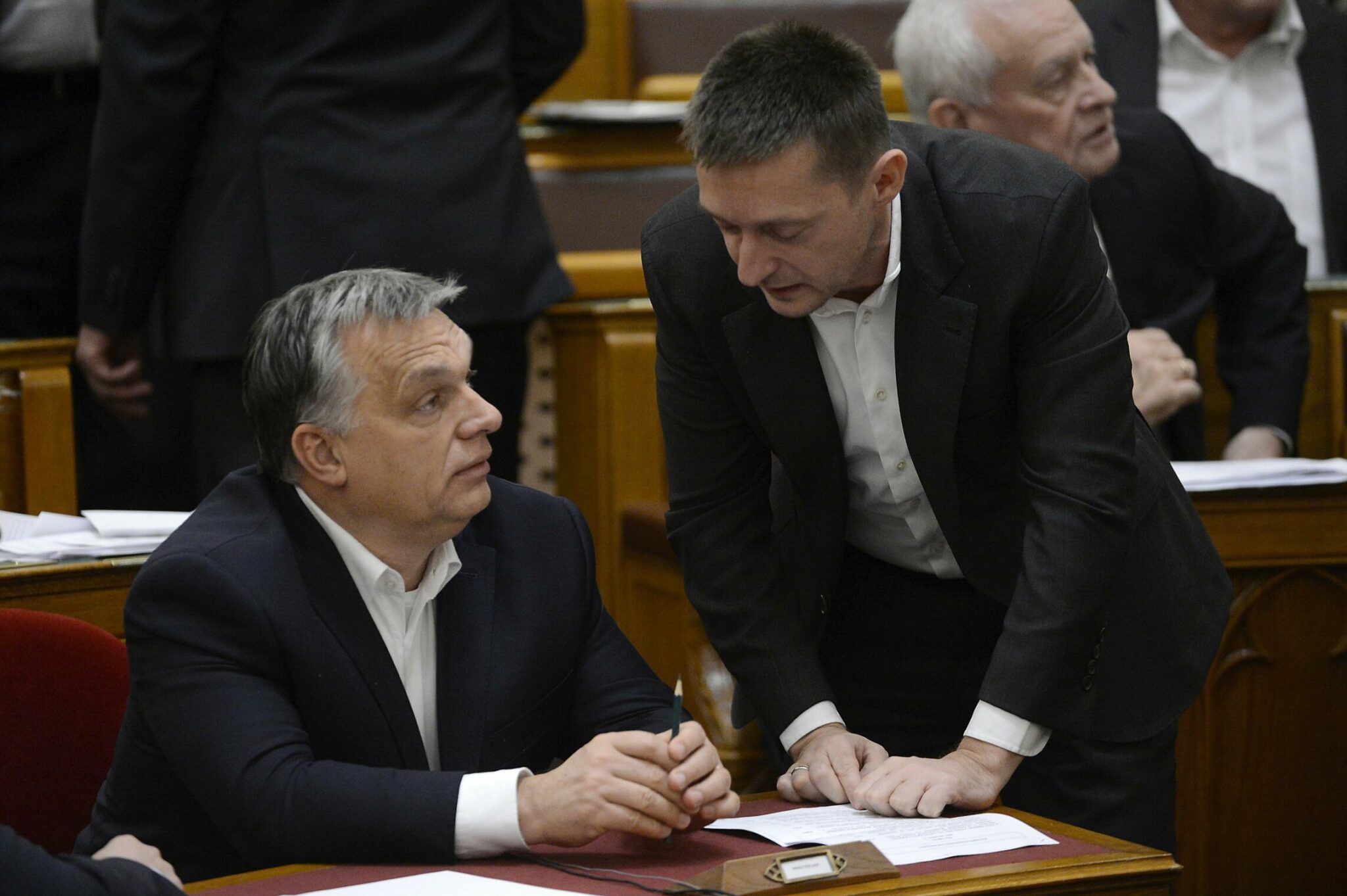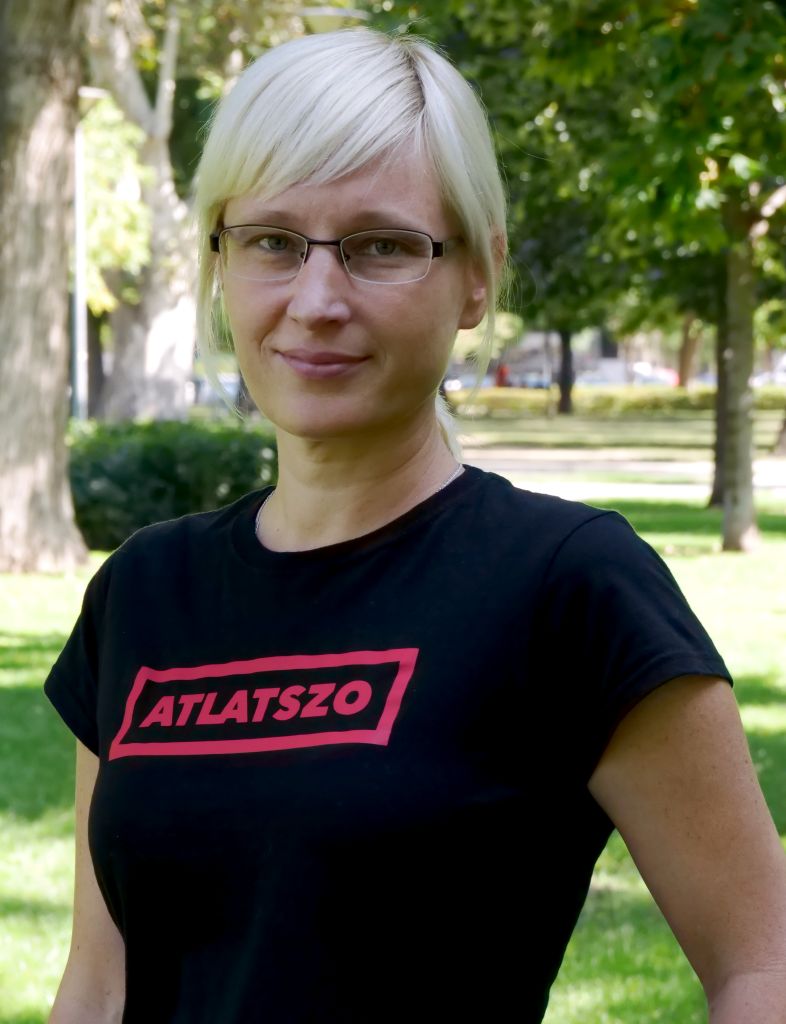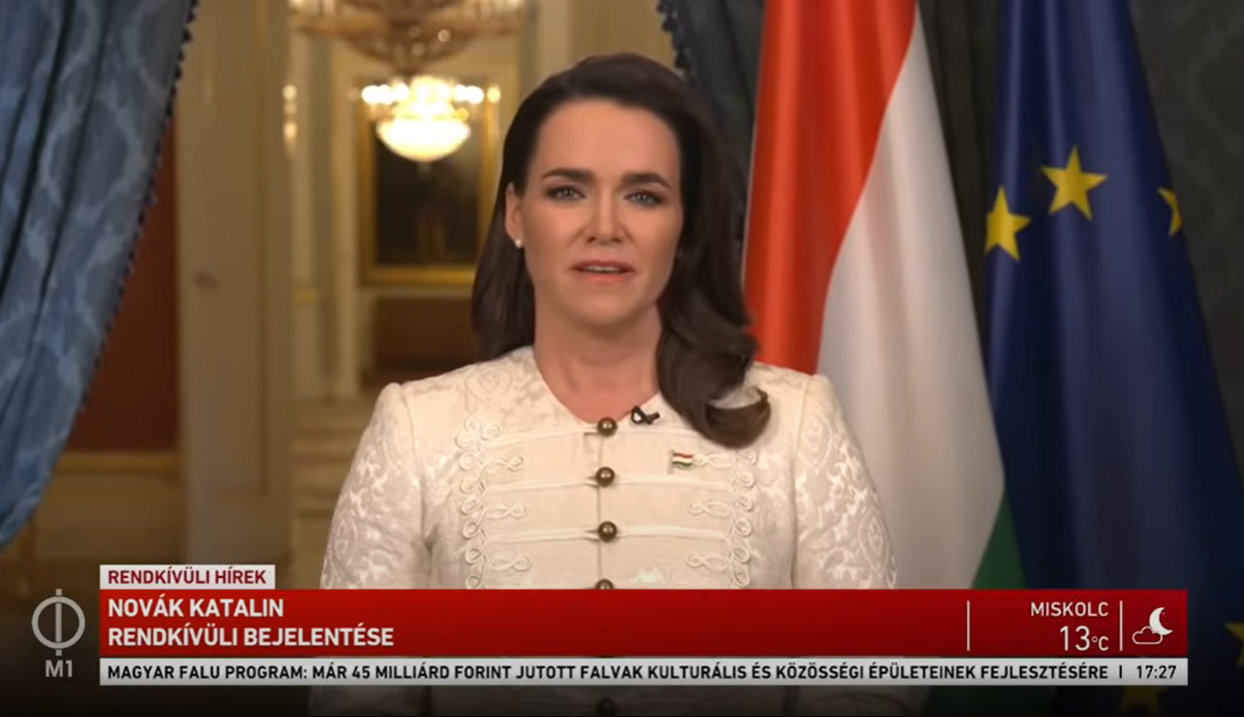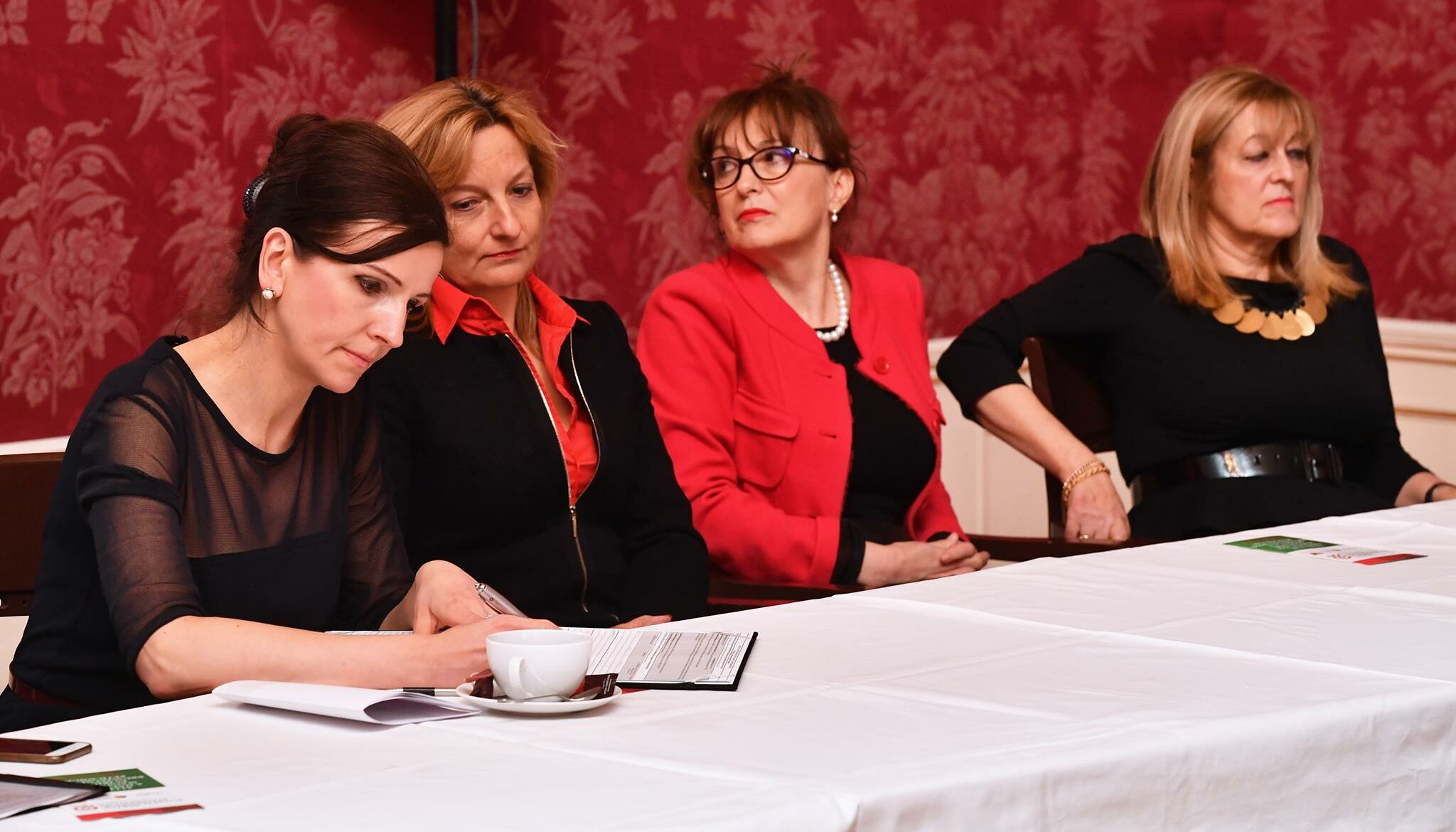The https://english.atlatszo.hu use cookies to track and profile customers such as action tags and pixel tracking on our website to assist our marketing. On our website we use technical, analytical, marketing and preference cookies. These are necessary for our site to work properly and to give us inforamation about how our site is used. See Cookies Policy
Coordinated system guides propaganda office’s billion-HUF communication tenders to sole victor
Judit Varga’s ex-husband Péter Magyar dropped a bombshell with a claim that the Student Loan Center’s communication contracts were overpriced. The allegations have triggered opposition party DK and Gábor Vona’s new party to report the case, even though the problem has been known for years. In our article, we explain the steps that led to the hegemony of the Balásy companies that also worked for the Student Loan Center. We investigate the powerful head of the National Communications Office (NKOH) and their ties to Katalin Novák, and we look into supporting information that underpins Péter Magyar’s statement – despite the NKOH’s denial of the allegations.
Opposition politician Gábor Vona announced on February 12 that they are filing a complaint against an unknown perpetrator on suspicion of abuse of authority and budget fraud and they are also turning to the Integrity Authority. A few hours after Péter Magyar, the ex-husband of ex-minister Judit Varga, resigned from all his positions in state-owned companies, and made a series of statements in an interview with Partizán that caused problems for the Fidesz government.

The scandal erupted after a 444 reader found out that former President of the Republic Katalin Novák had pardoned former deputy headmaster Endre K. for helping to cover up a pedophile case at the school where he used to work. As family and child protection has been the government’s main campaign slogan for years, the decision had a bipartisan effect: it also outraged Fidesz voters.
The President of the Republic resigned, and Judit Varga announced her retirement from public life. Péter Magyar, Varga’s ex-husband, then went public with a series of controversial statements.
Péter Magyar claimed that attempts were made to get him to sign off on overpriced contracts
Magyar said he left the Student Loan Center Zrt. in 2022 after he criticized companies owned by Gyula Balásy, which did government communication work and owned Lounge Design and New Land Media, whom he accused of doing low-quality work at “three times, sometimes six times more expensive than the market price.” For this reason, Péter Magyar – by his own admission – refused to sign orders and make payments on several occasions. It is not yet known for certain whether this was the case.
It is certain, however, from contracts uploaded to ekr.gov.hu that
two of Balásy’s companies signed contracts worth HUF 811 million with Student Loan Zrt. between 2019 and 2022, and Magyar definitely signed two of them.
Balásy’s companies boast competent professionals – there’s no doubt. But, they also owe much of their success to the National Communications Office (NKOH) under Antal Rogán, which is where most of their revenue comes from.
In line with government objectives
The tasks of the National Communications Office are quite clearly defined: to ensure that the bodies under their supervision act “in line with the Government’s objectives.”
The NKOH, as a central budgetary body, has been carrying out its tasks and activities since 29 October 2014, with national competence, under the authority of the Minister responsible for general policy coordination – Antal Rogán.

Prime Minister Viktor Orbán and Antal Rogán, Minister in charge of the Prime Minister’s Office, talk during the plenary session of Parliament on 12 December 2017. Source: MTI Photo.
No institution decides alone
Before the creation of the NKOH, all public institutions and companies managed their own communications procurement, resulting in a vibrant, multi-stakeholder procurement market. This ended with the creation of the NKOH. With the new and complex regulatory structure, the government effectively eliminated free competition in the public communications procurement market.
As a result, the majority of contracts ended up in the hands of a single group of companies, and it became less and less clear what exactly the NKOH was paying for and how much they were paying.
Next: the Government Decree 247/2014 (X. 1.) on centralized communication procurement made it mandatory for all state institutions and companies to notify their communication procurement to the NKOH for approval in advance. The NKOH then decides how the communication services required by the organizations are to be procured.
With this stamp, the government effectively handed over discretion to the chairman of the NKOH to decide without justification which way the money flows.
Woman who also appears by Novák’s side is the “boss”
The practical result of all this was that the NKOH chairman became the be-all and end-all of government communications procurement. According to our sources, the directors and presidents of the largest public organizations wait in her lobby to ensure that the office does not take away their management of communications procurement.
Many claim that the NKOH’s procurement prices are much higher than market prices.
For all these reasons, one of the most important players in the Rogán universe is Dr Mirtill Lenkei, the head of the NKOH.
Who is Dr Lenkei? A lawyer. What does she do? Not much is known.
She was a founding member of the Women for Hungary Club, alongside Mária Schmidt, former state secretary Tünde Szabó, government spokeswoman Alexandra Szentkirályi, Katalin Szili (former MSZP, now KDNP politician) and Ildikó Pelczné Gáll (deputy speaker of the Hungarian Parliament). The club, chaired by Katalin Novák, received several grants from Szerencsejáték Zrt. and has also been supported by the Fidesz party foundation led by Zoltán Balog.
It is obvious that Dr Lenkei enjoys a good relationship with the Fidesz government, who in turn can be satisfied with her work – she has been head of the National Communications Office for nine years.
The Balásy hegemony grows
The players were in place, ready. The framework agreement, because a tool to help a single group of companies build a sort of monopoly,
The Integrity Authority (IA) wrote:
“Framework agreement procedures typically close the procurement market for a longer period (depending on the decision of the central purchasing body), typically 2-4 years…”
The NKOH understood the assignment, and it centralized the communications procurement market. It squeezed out the many smaller players by launching a tender worth HUF 25 billion in 2015, with three winners. These companies became eligible to provide communication services to the state under the framework agreement.
Because of the scale of the task, the Public Procurement Authority imposed unprecedentedly rigorous tender conditions. Applicants had to prove a turnover of at least HUF one billion, and they had to meet more than 10 different reference criteria.
In the first call for tenders, even more actors were awarded contracts, as the very limited three shortlists led to larger agencies seeking to form a consortium.
Those who did not win a contract in the first round were gradually eliminated from the market, as a reference could be used for a maximum of three years in a single procurement.
The number of companies, therefore, shrank from tender to tender. In recent years, even in the face of competition, a single consortium has always been the stable winner of NKOH tenders – the duo of New Land Media Kft and Lounge Design Kft, owned by Gyula Balásy.
The lack of competition has led to what stakeholders see as a significant overpricing of NKOH contracts. The catch – no one knows just how much they cost.
The cost remains concealed
Currently, an institution notifies the office that it needs a communication campaign and roughly describes the specifications. The NKOH then sends a notification that it has conducted a request for proposal, and it sends over a price tag. If the institution does not have the money, it has the option to pause the procurement.
None of these details are released to external parties. The electronic procurement system only shows the value of the individual orders of each institution.
The unit prices for specific tasks, which would indicate how the total price compares to the market price, are not uploaded anywhere.
As a result, Magyar’s claim that the communication contracts of the Student Loan Centre were many times overpriced cannot be confirmed or refuted.
The NKOH denied the overpricing to RTL. In any case, Transparency International Hungary reported the case to the Public Procurement Authority.
According to the NKOH, unit prices cannot be compared
As we reported in our previous article, the Prime Minister’s Office requested data from central purchasing bodies, including the NKOH, at the beginning of 2023 to assess the efficiency of centralized public procurement.
The NKOH responded:
“In view of the fact that the Covered Entities are typically able to meet their specific procurement needs under a framework contract concluded as a result of an open procedure or a framework agreement – second round procedure – and that these contracts contain services and goods as units of quantity (the total of which allows the specific need to be met as a complex service), the savings on the unit price of the items cannot be interpreted as such, since the different underlying technical content – and thus the different quantity calls – in each procedure does not allow for a comparison or average prices.”
In other words, each individual contract is completely different, and prices cannot be compared. We also don’t know if the state saved money.
Unrealistically high prices cost them a contract
Although the NKOH says it is not possible to compare prices, the Prime Minister’s Office’s Public Procurement Supervision Department (KFF) has managed to do so. As reported by Napi.hu in 2022, the NKOH has forcibly declared the tender for the communication of the National Castle Programme ineffective after the KFF revealed serious violations in the procedure.
In each of the tenders, the Department of Supervision found overpriced items in relation to event organization.
One of the operators concerned was the duo of New Land Media Ltd and Lounge Design Ltd.
The Balásy companies were also shortlisted in a tender by the NKOH last year, but the auditors declared that tender illegal and the contract was not awarded.
Balásy’s billions
New Land Media, a regular bidder in NKOH tenders, has had an annual turnover of somewhere between HUF 52 billion and HUF 80 billion over the past five years, while its profit has reached between HUF 3 billion and HUF 8.8 billion. Lounge Design Ltd generated annual revenues of between HUF 7.7 billion and HUF 19.9 billion over the same period, while its profits ranged between HUF 1 billion and HUF 3.5 billion.
A significant part of the companies’ revenues came from government contracts, mainly from the NKOH.
According to the notices uploaded on ekr.gov.hu,
New Land Media Ltd and Lounge Design Ltd have won a total of HUF 293.7 billion worth of government contracts in recent years.
Both companies are owned by Gyula Balásy, who enjoys good relations with the Fidesz government and currently ranks 40th on the list of the richest Hungarians.
Four years ago, Atlatszo presented drone footage of the luxury villas of companies running government propaganda campaigns for tens of billions of forints a year. According to Gyula Balásy, this violated his right to the protection of his personal data, so he initiated proceedings with the data protection authority. The NAIH’s decision at the time was unsubstantiated, but shortly afterwards, Parliament passed an amendment to the law that could lead to a prison sentence for publishing such drone footage.
Translated by Vanda Mayer. The original, more detailed Hungarian version of this story was written by Eszter Katus and can be found here.
Share:
Your support matters. Your donation helps us to uncover the truth.
- PayPal
- Bank transfer
- Patreon
- Benevity
Support our work with a PayPal donation to the Átlátszónet Foundation! Thank you.
Support our work by bank transfer to the account of the Átlátszónet Foundation. Please add in the comments: “Donation”
Beneficiary: Átlátszónet Alapítvány, bank name and address: Raiffeisen Bank, H-1054 Budapest, Akadémia utca 6.
EUR: IBAN HU36 1201 1265 0142 5189 0040 0002
USD: IBAN HU36 1201 1265 0142 5189 0050 0009
HUF: IBAN HU78 1201 1265 0142 5189 0030 0005
SWIFT: UBRTHUHB
Be a follower on Patreon
Support us on Benevity!




